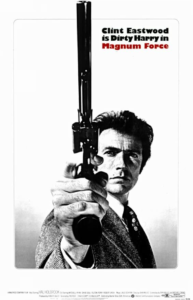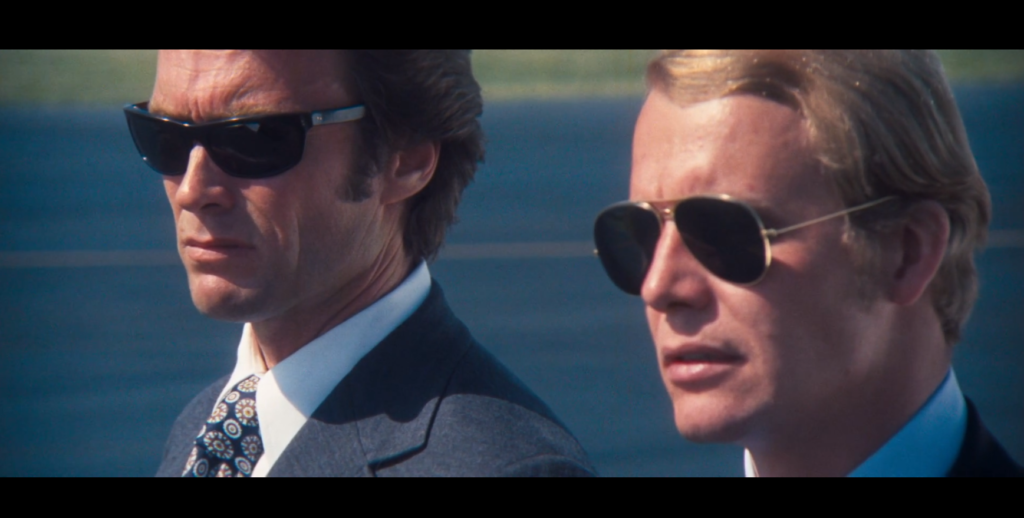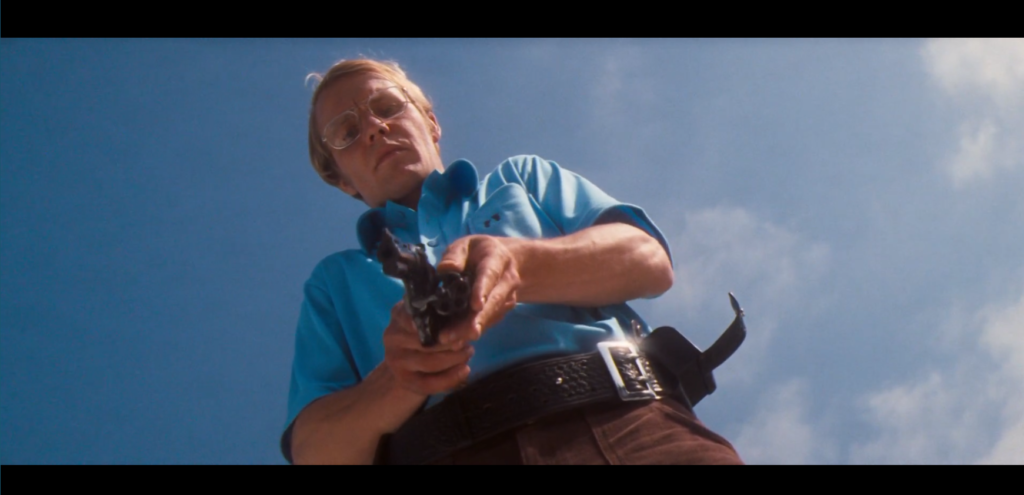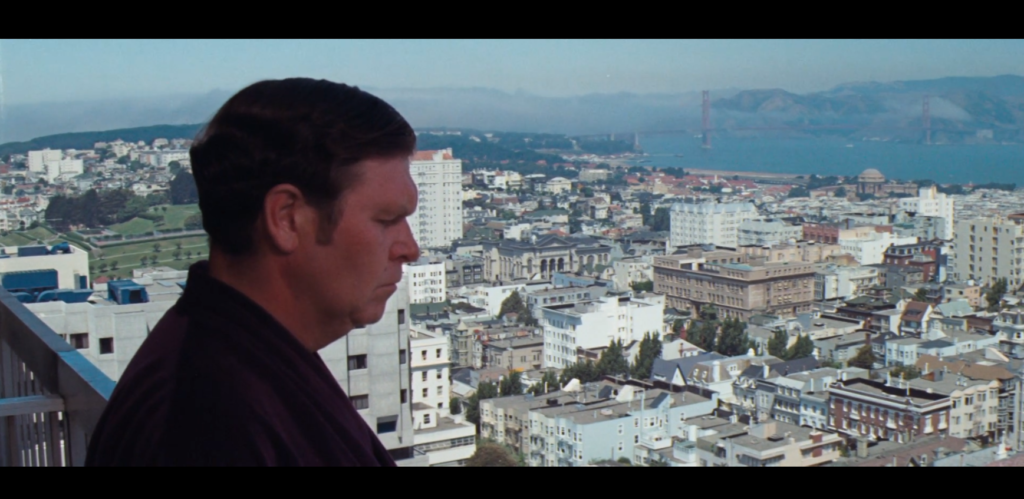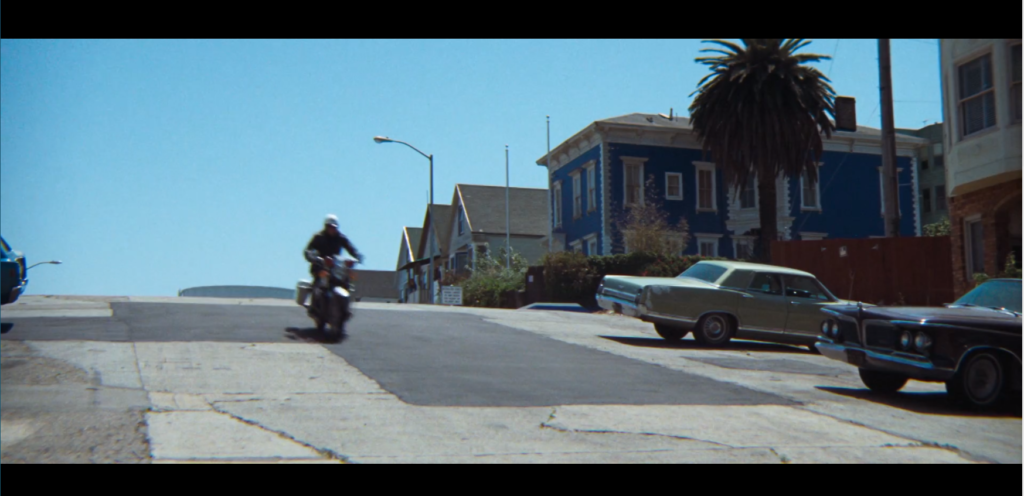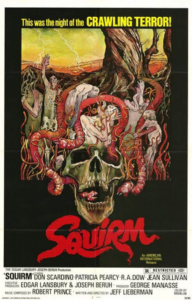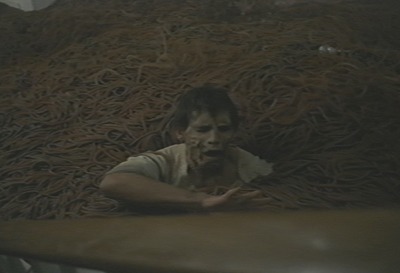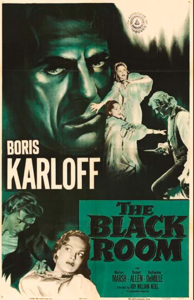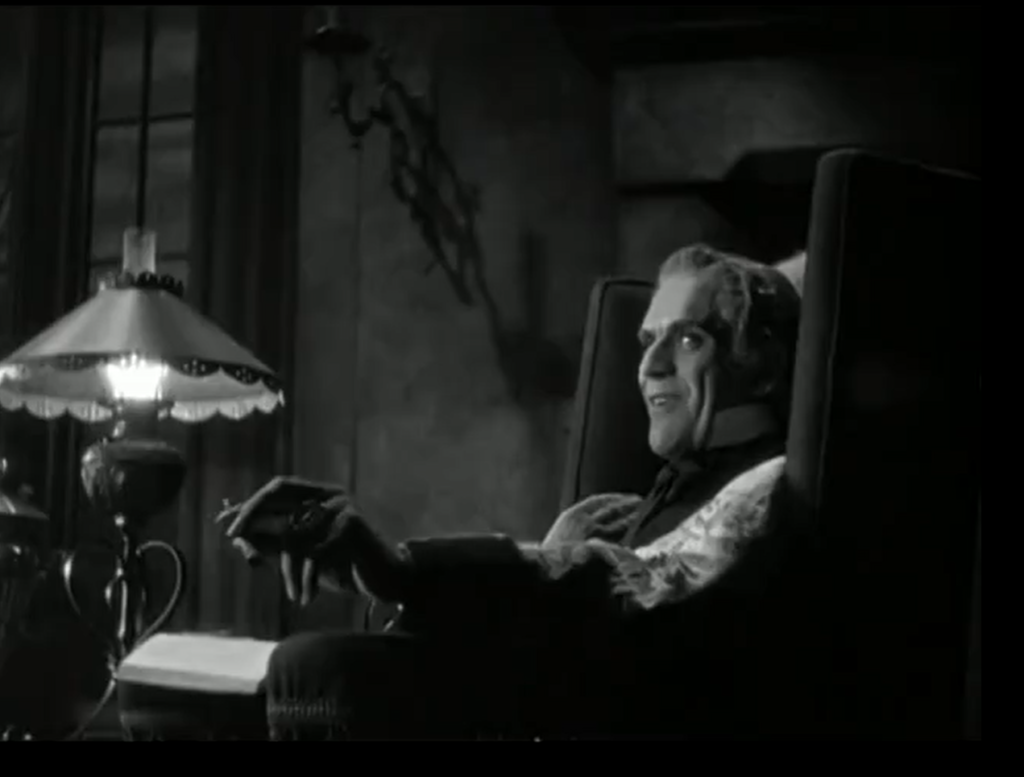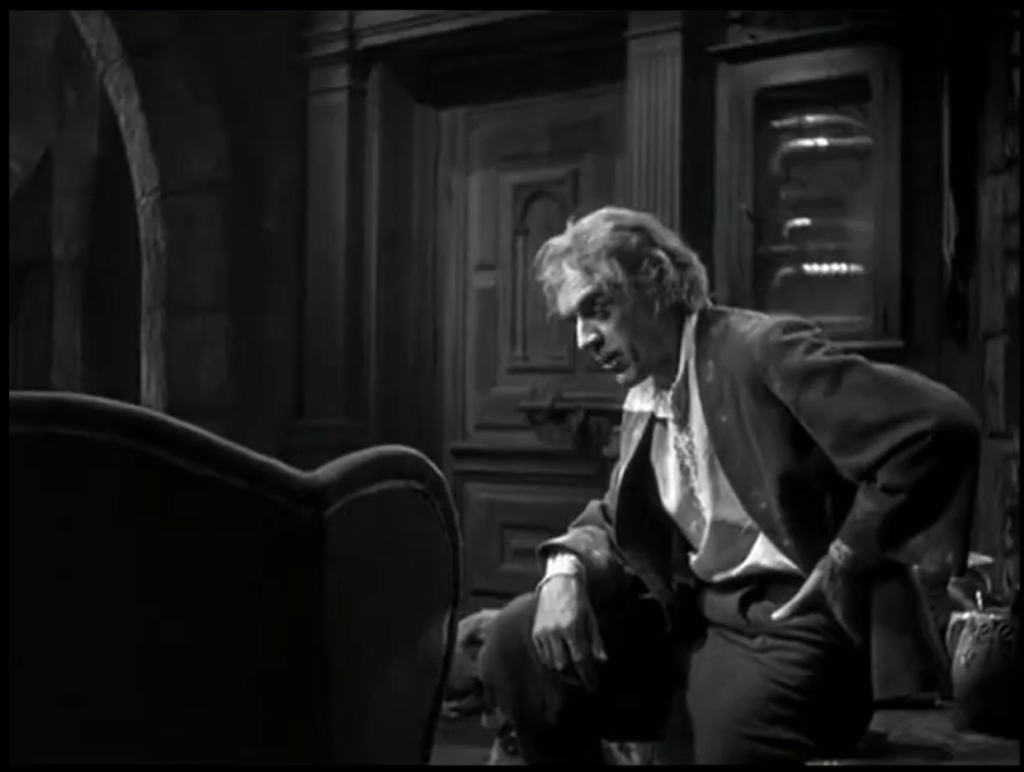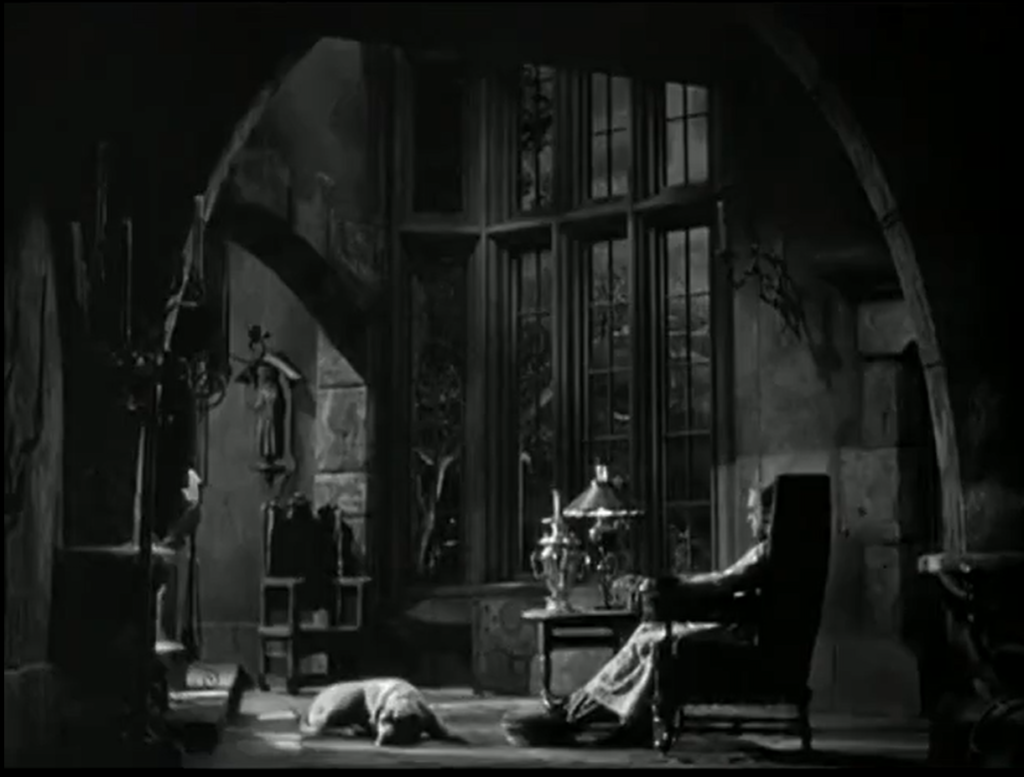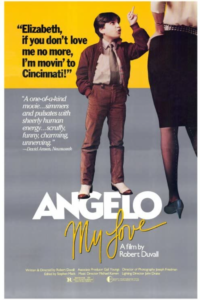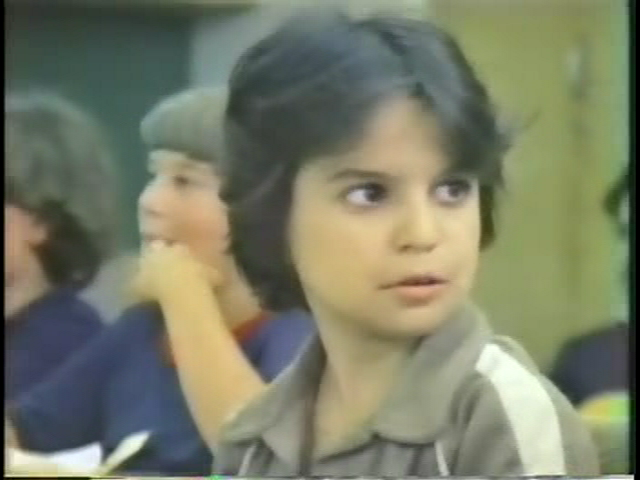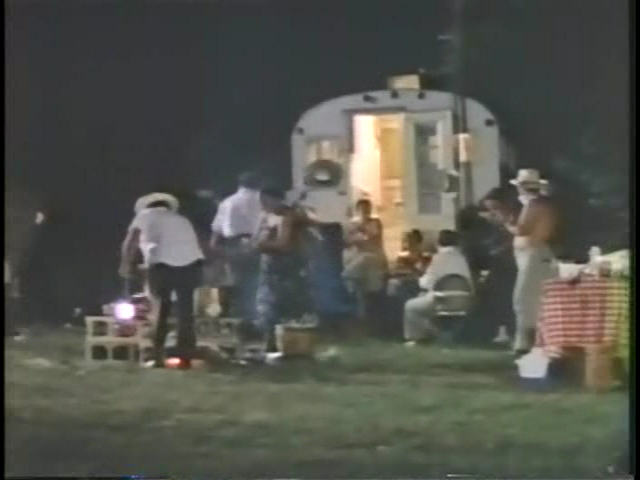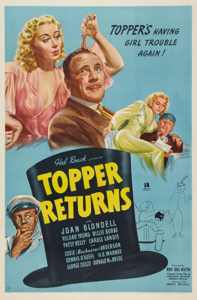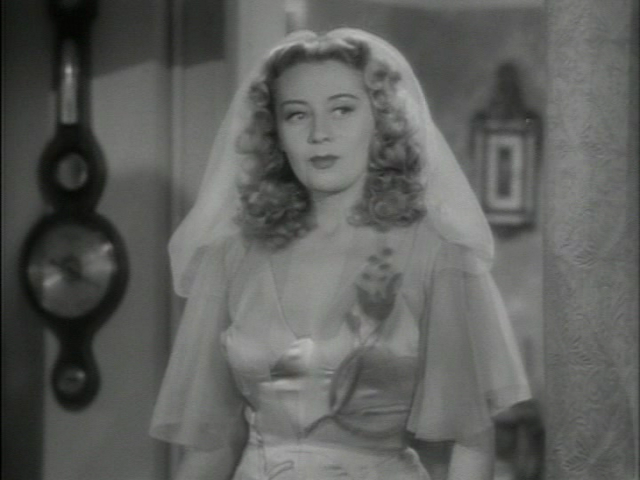Magnum Force (1973)
“I didn’t start shooting at anyone that didn’t start shooting at me first.”
|
Synopsis: |
|
Genres, Themes, Actors, and Directors:
Response to Peary’s Review: (Harry himself states at one point, “I hate the goddamn system, but until someone comes along with changes that make sense, I’ll stick with it.”) The film’s title (magnums are ultra-powerful cartridges) hints at an emphasis on firearms and ballistics throughout, and the scene in which Eastwood battles Soul for top prize in a shooting contest is particularly exciting. However, I could do without the inane “subplot” involving Harry’s sexually available Asian neighbor (Adele Yoshioka), whose two-dimensional presence merely serves to tap into Orientalist fantasies. Redeeming Qualities and Moments:
Must See? Links: |
